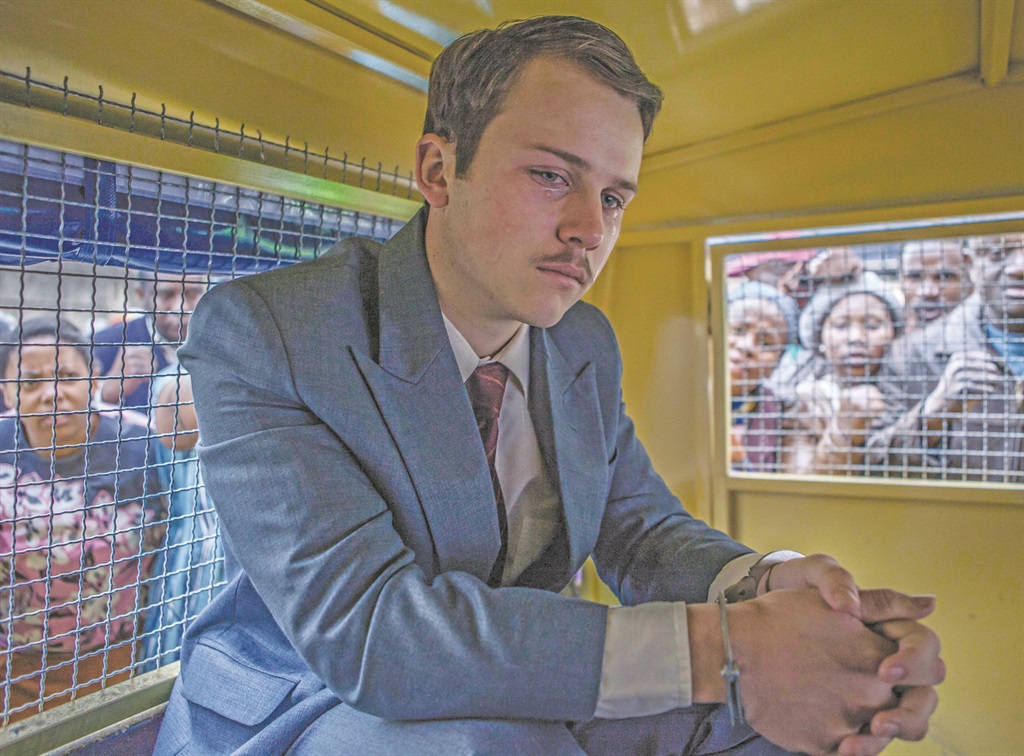
The film industry is heading to the coast for the 37th annual Durban International Film Festival, which opens on Youth Day. But the drama over this year’s opening film points to bigger questions about the national stories we are punting.
OPENING-NIGHT DRAMA
Here’s the story so far: respected South African film maker Oliver Schmitz has a big new apartheid-era feature out called Shepherds and Butchers, which was produced by Anant Singh’s Videovision Entertainment.
It premiered at the Berlin International Film Festival, but was not chosen to be the opening-night film at the Durban International Film Festival (Diff) – ostensibly because of a violent, old school narrative.
Singh wasn’t happy and queried the decision, at which Diff’s owners, the University of KwaZulu-Natal, overrule the festival’s manager, Sarah Dawson, and tell Singh his film would indeed open the festival. Dawson and others quit in protest.
Then her replacement chose a youth documentary, The Journeyman, to open Diff instead. Singh was offered a 6.30pm premiere and withdrew his film, unhappy with the slot. This was a big deal because Schmitz made the seminal Mapantsula and Singh has produced an opus of important, often literary, Oscar-submitted films (Yesterday; Mandela: Long Walk to Freedom; Cry, the Beloved Country; Sarafina!).
The drama is more than just an industry hissy fit. It points to a sea change in our cinema narrative that the academy, the state and the old guard seem unwilling to acknowledge – to the detriment of our film development and the stories we tell.
BACK ON THE FARM
The grand post-apartheid South African film narrative – exemplified by the (often beautiful and accomplished) films of Schmitz and film makers such as Darrell Roodt – is most often rural, impoverished and concerned with suffering, HIV and apartheid guilt, as explored by white men (Little One; Yesterday; Life, Above All; and many others).
In a recent critique of South African literature – Stop going back to the farm – academic Wamuwi Mbao wrote: “South African literature, to borrow a joke from Tom Waits, is dominated by Grand Weepers and Grim Reapers. It reflects a society in which repressed sadness and spectacular violence trade regular places at the forefront of our national attention span ... The tree [of Paton’s Cry, the Beloved Country] continues to bear bitter fruit.”
You can see many of these kinds of films at Diff this year – courtesy of a programme in collaboration with the state’s Film and Publication Board (FPB). The same board in effect banned the edgy film Of Good Report a few years back, accusing it of child pornography. The ruling was overturned on appeal.
I’m not saying we must not watch and learn from the grand old films, but why must they open the festival, be the official National Film and Video Foundation (NFVF) selection or get special FPB treatment?
MEANWHILE, IN THE CITY
Given the rise of a new era of the black consciousness struggle and the amplified voice of Fallists (versus Rainbowists), it doesn’t make sense to me for Diff to open with Shepherds and Butchers. Not if it is to be seen as a progressive, dynamic, African festival.
Here is a historically important film that portrays the brutality and trauma of apartheid through the eyes of a young white prison guard and assistant state executioner who opens fire on a group of black prisoners. But black viewers who have seen it have told me they were left reeling by the endless executions and brutality inflicted on the
black body.
They say they did not feel the same unease with black film maker Mandla Dube’s biopic of (executed) freedom fighter Solomon Mahlangu, Kalushi, which is on at Diff this year.
If a story resonates, does it matter if it is not as slickly executed as a big-budget film?
And the truth is that Diff has – since the fiasco around Of Good Report – made it its mission to open with new narratives – a young crime thriller, Hard to Get, and a Pan-African love story, Ayanda.
The Diff jury has chosen radically youthful films as the winners of top South African film for the past two years – Jenna Bass’ quirky urban bad-romance Love the One You Love and Sibs Shongwe-La Mer’s nihilistic suburban drama Necktie Youth.
So, why stop now?
Mbao points to a new generation of black writers he hopes will prevail with a new narrative. It’s the same in our cinema. New voices exist, but they are often unable to gain visibility because their work is made on low budgets and often chooses not to rely on NFVF script-development funds because many young voices find the process prescriptive and old.
Young Africans are increasingly urban, do not shy away from sex, embrace futurism, are reimagining the struggle and are focused on identity, gender and a new kind of satire.
The Journeymen sounds like a relevant opening film for 2016. It shows three young photographers (one marred by a sexual assault case, which will hopefully lead to robust conversation) travelling the country to try to make sense of the complexity of our democracy.
The four young directors presenting shorts on the Cannes South Africa Film Factory programme embrace fantasy and dark comedy. And brilliant young film makers like Oliver Hermanus are tackling social realities from new angles. They are the ones who will connect with new global audiences and tell the new South African stories.
It’s their time.
Diff runs from June 16 to 26 at various cinemas in Durban. Visit durbanfilmfest.co.za




 Publications
Publications
 Partners
Partners








